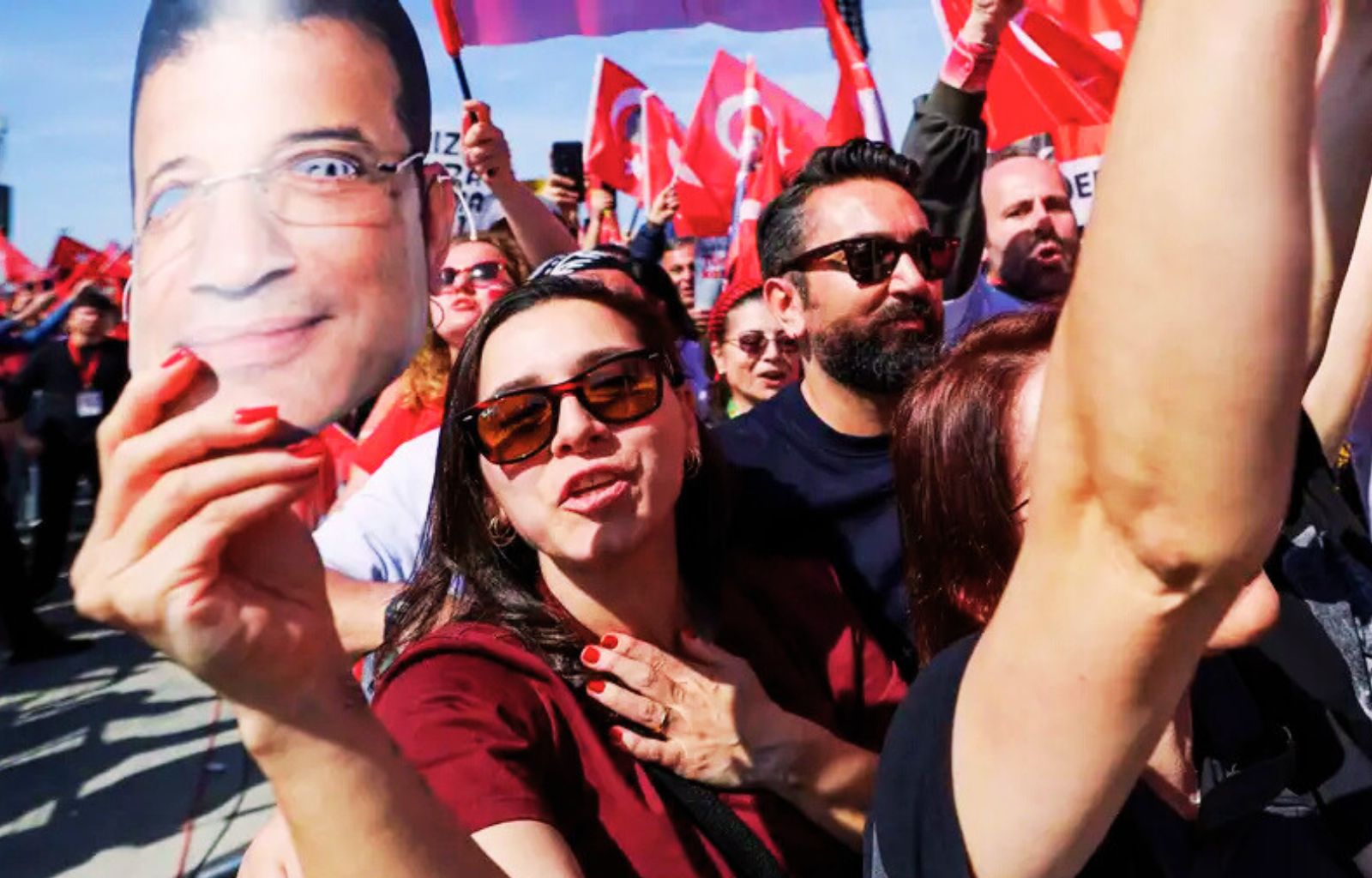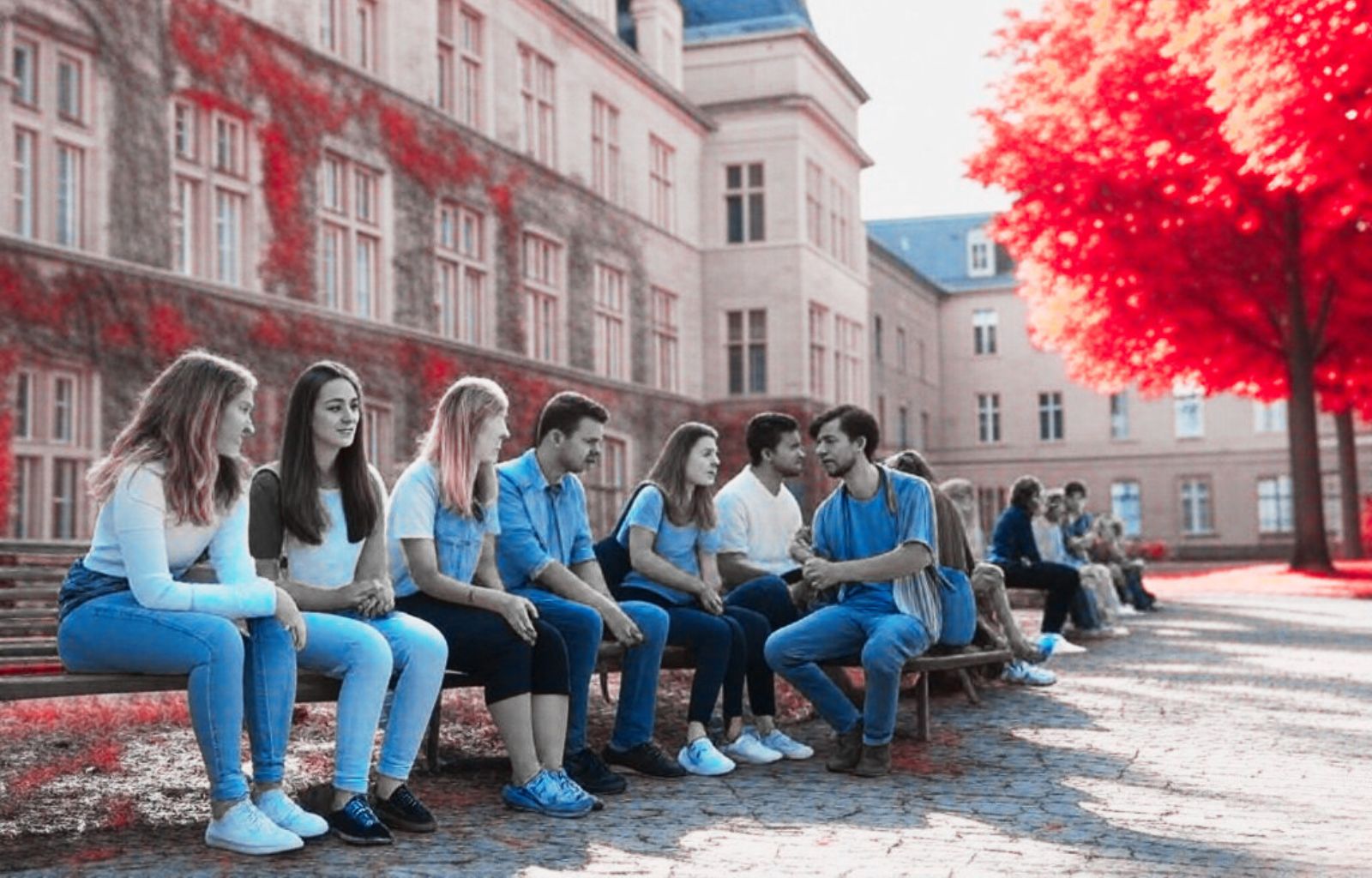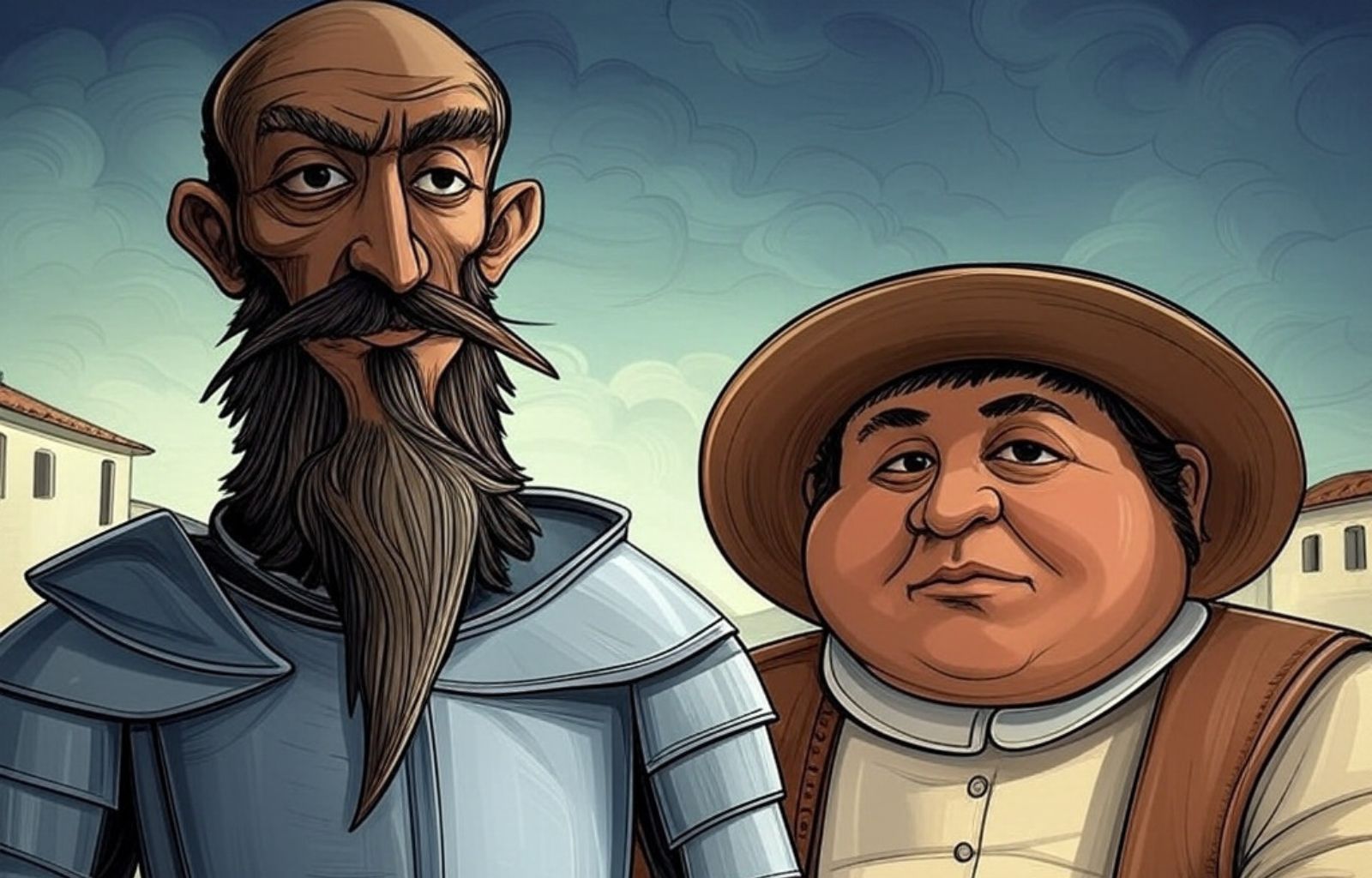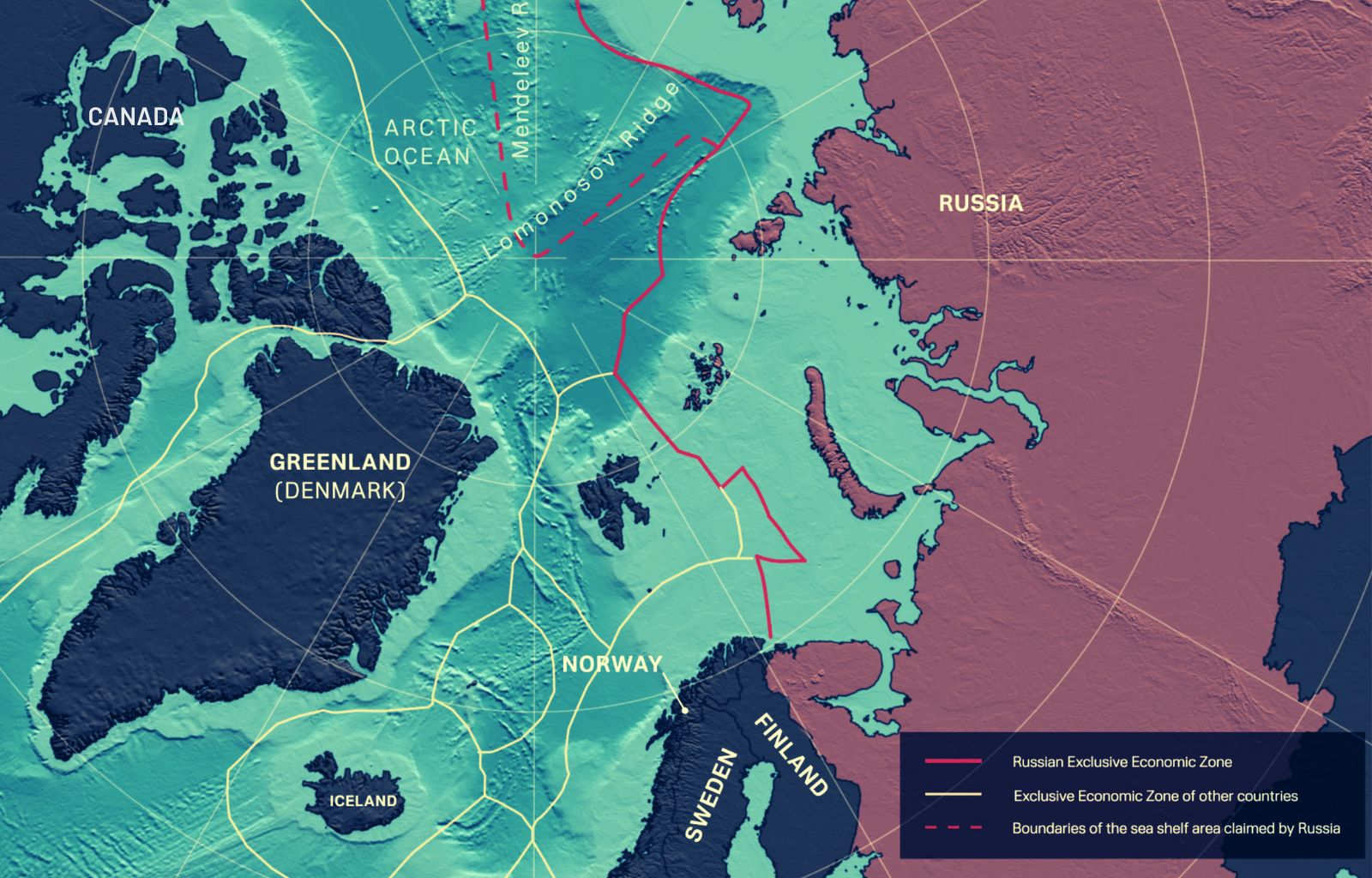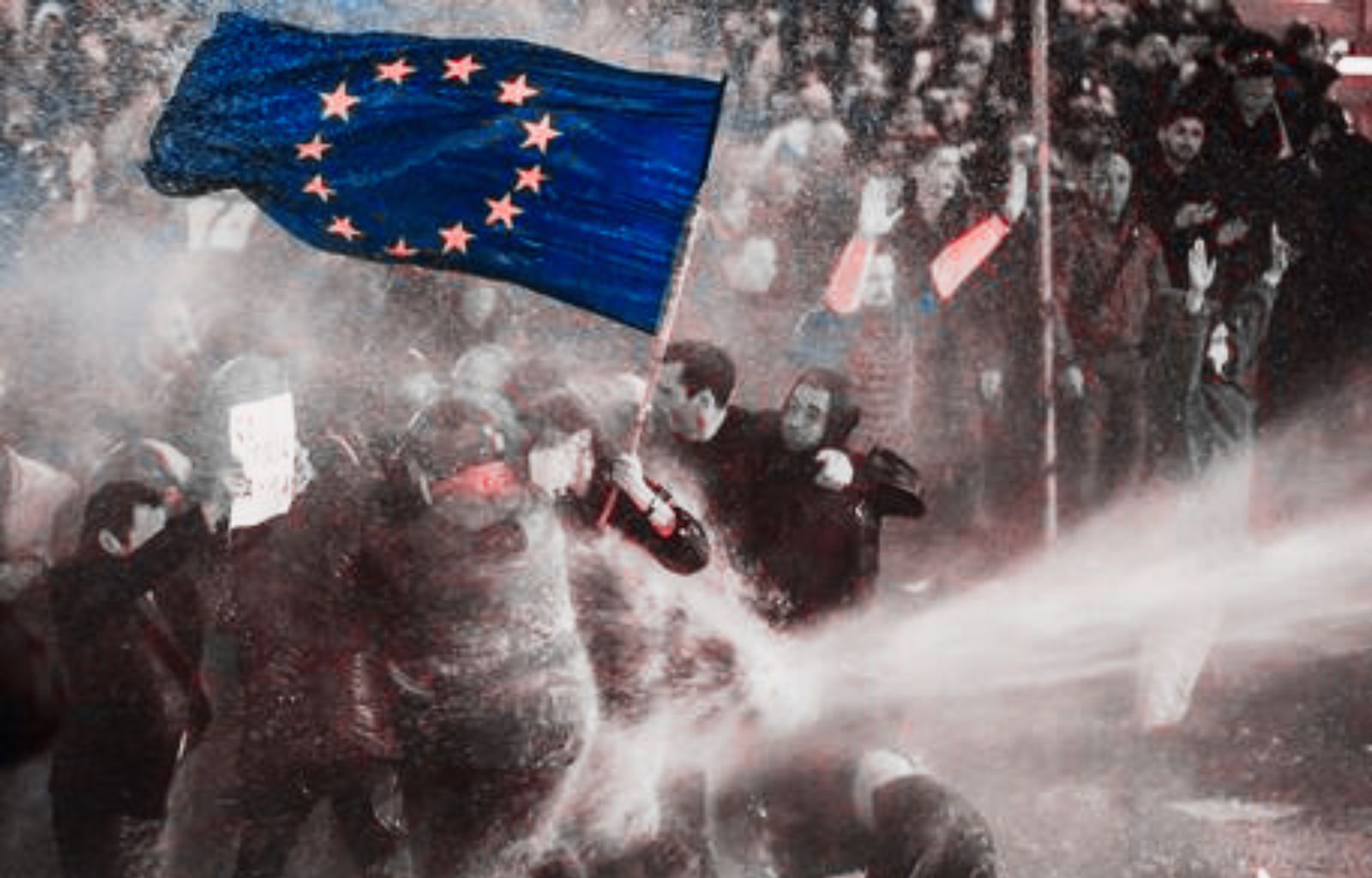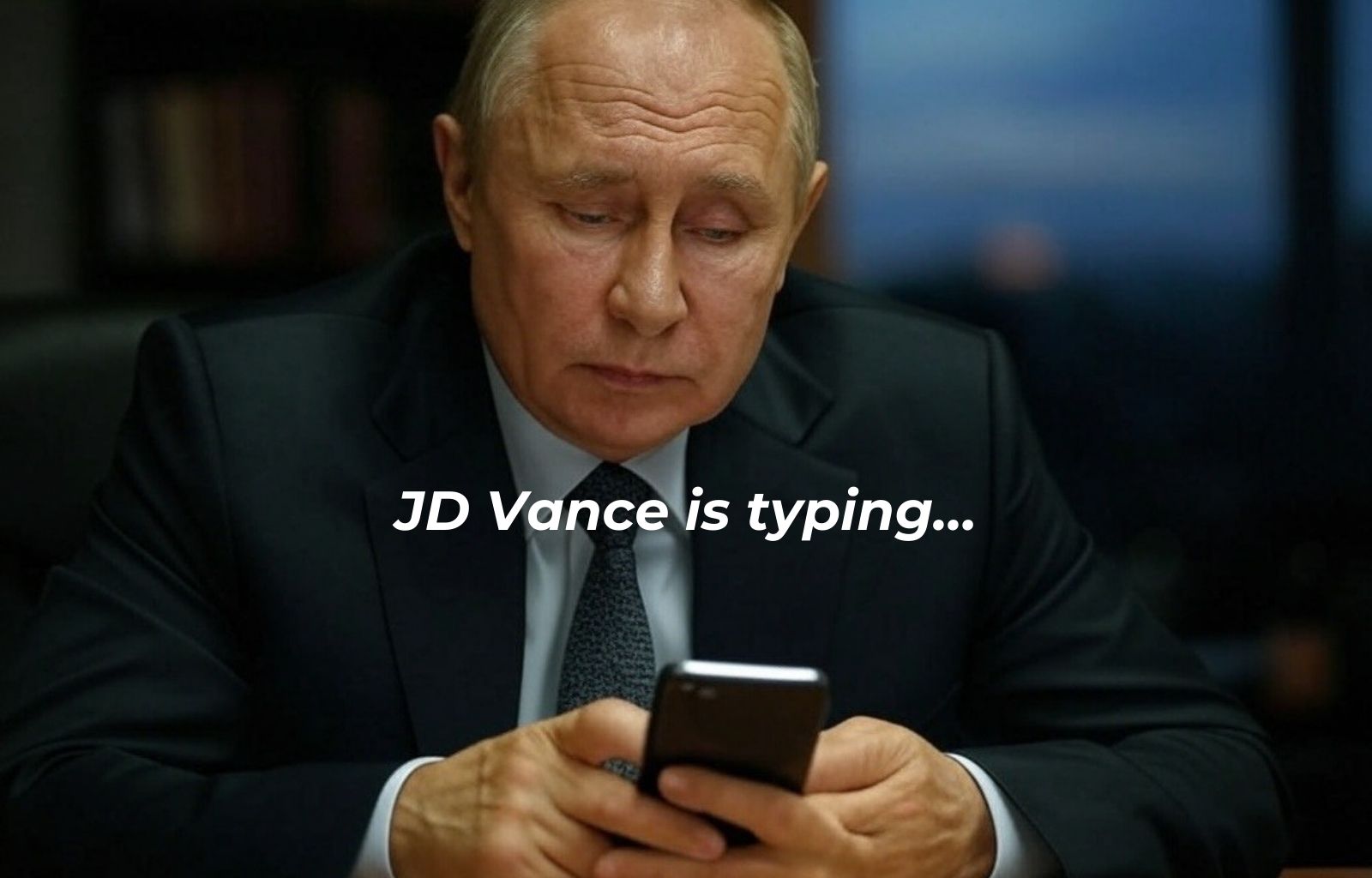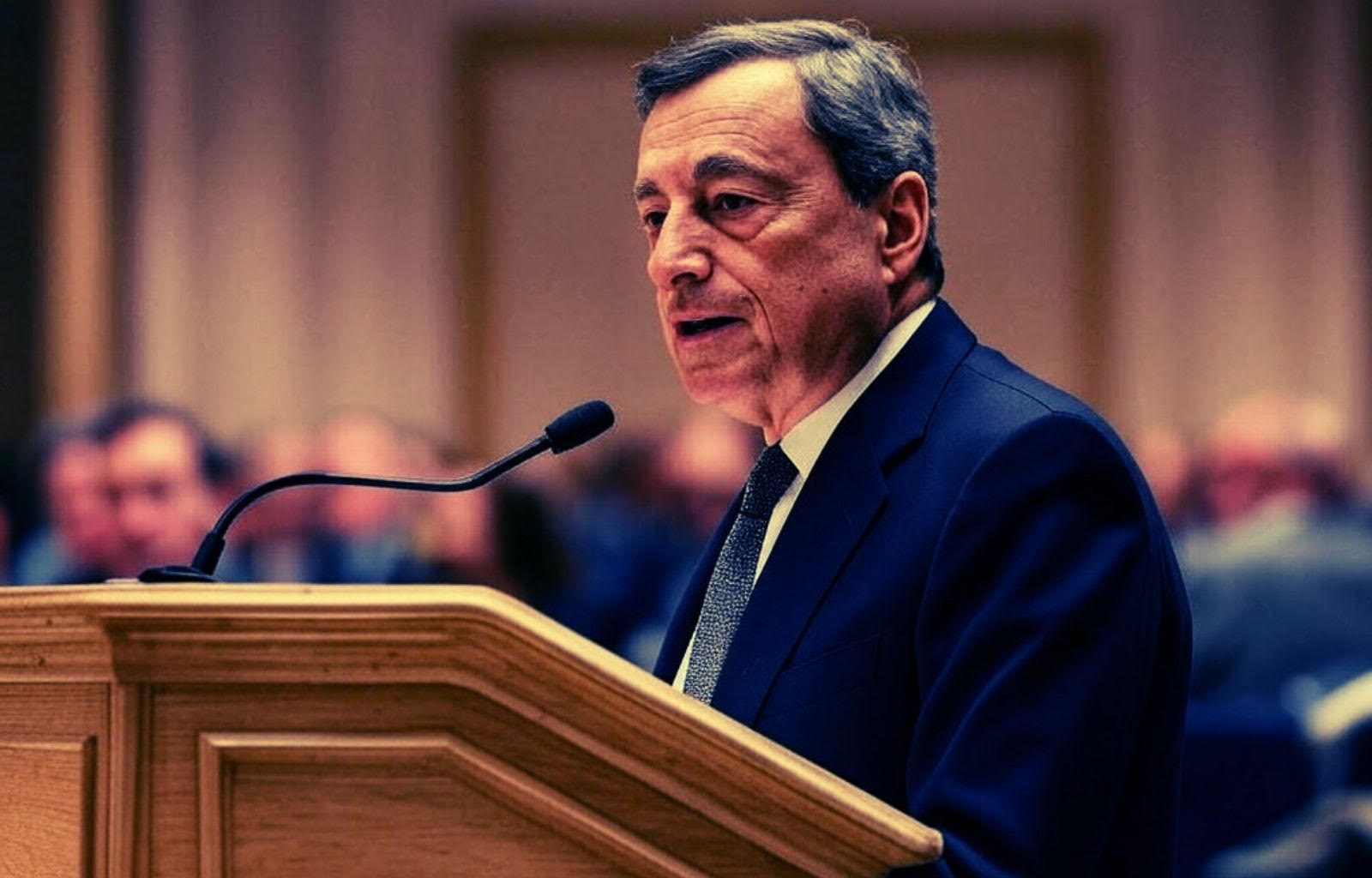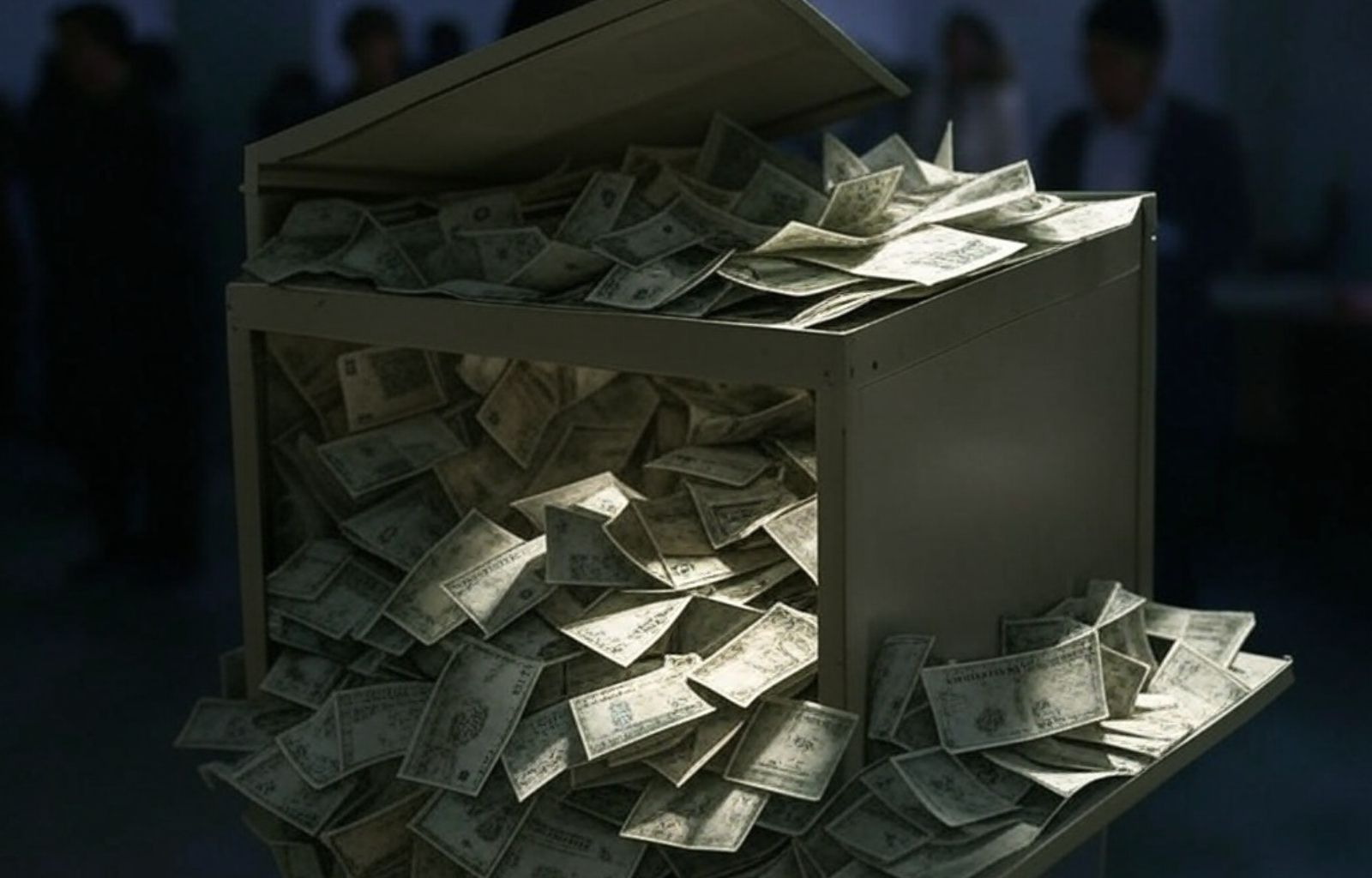The power players of Europe for 2025. Beyond Meloni, there’s more
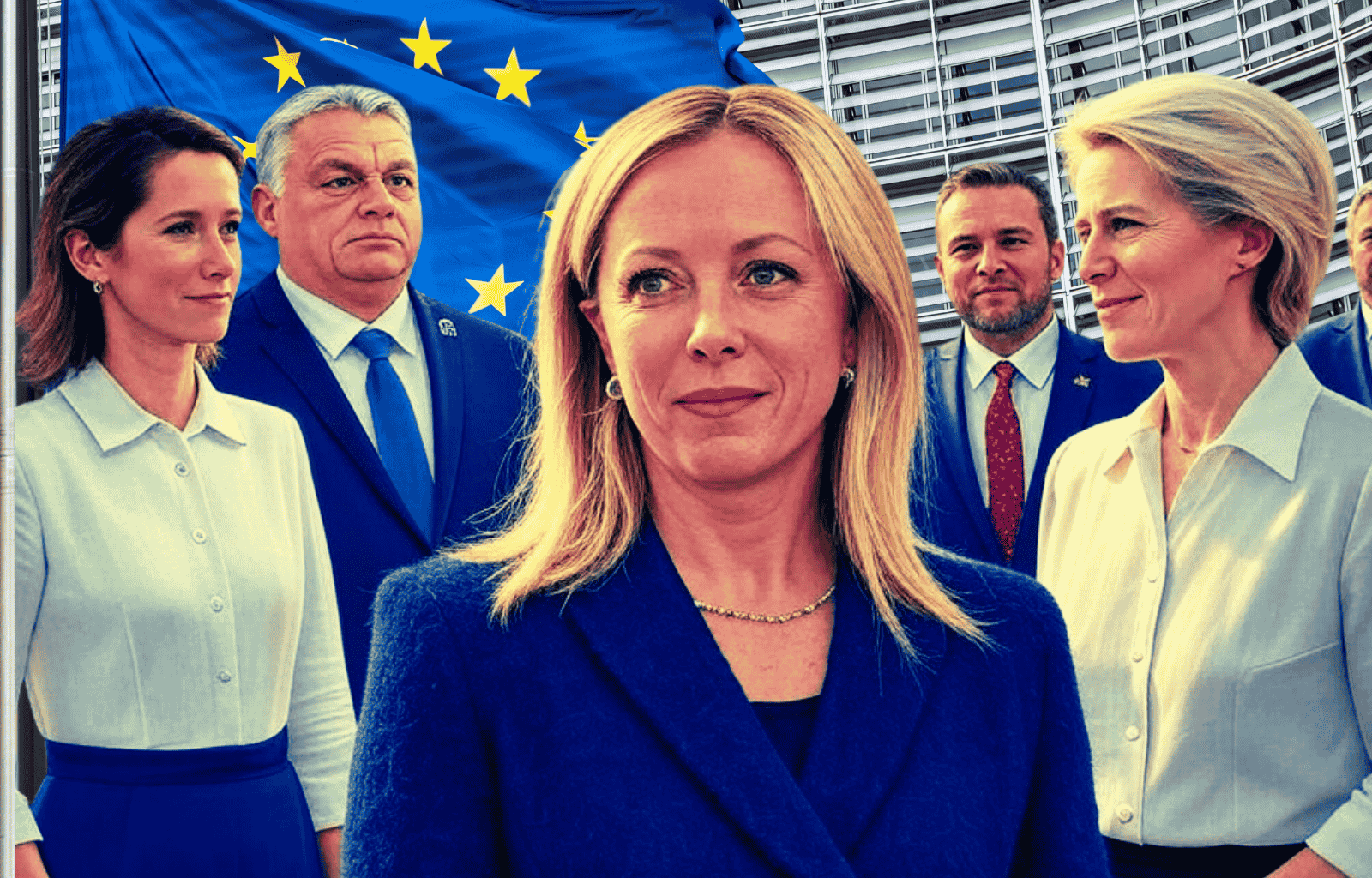
As it does annually, the international magazine Politico has just published a list of personalities considered the most influential for the future and destinies of Europe for 2025. While in Italy the discussion has focused on either applauding or deploring the designation of Giorgia Meloni as the most “powerful” person in Europe, the list of 28 names, organized into three groups—”Achievers,” “Disruptors,” and “Dreamers”—deserves deeper reflection. It reveals much about a Europe in great flux, highlighting emerging protagonists, power patterns, and geopolitical trends within the European Union that we, on the periphery of the empire and focused on our local squabbles, risk underestimating.
The crisis in Germany and France has created a power vacuum
Giorgia Meloni’s influence is undoubtedly a product of her ability to navigate both the national and international stages with varying strategies and postures, but it also signals a significant shift in Europe’s power center. The political and economic crisis that has hit historical powers like Germany and France has left a power vacuum that Meloni, and other leaders like her, are quickly filling. This scenario opens new political territories and shows how the political center of gravity is slowly but inexorably shifting.
Weak leadership or a new generation of leaders?
What stands out in this list of Europe’s most powerful people are several figures unknown to the general public, such as Polish MEP Radosław Sikorski and Nadia Calviño, the Economic Vice President of the Spanish government. This begs the question: Is this a sign of weakness and a lack of solid and authoritative references, or must we simply recognize that the truly influential names today do not resonate widely in mainstream media, highlighting a disconnect between the real centers of power in Europe and our perception?
Europe: two centers of gravity
The emphasis on regions traditionally considered at the periphery of European influence is also intriguing. Eastern Europe on one side—not only Hungary’s Orbán but also Poland’s Tusk—and the Iberian Peninsula on the other, demonstrate that these areas are increasingly weighing more in the internal dynamics of the Union. This geographical shift in power highlights a diversification of influence zones that could prove crucial for the political and economic future of Europe.
Europe: still just a geographical entity
Lastly, POLITICO compiles its list, favoring a more geographical than political view of Europe. It states that the only non-European leader mentioned is Argentine Pope Francis, implicitly considering two names listed under “Achievers,” Vladimir Putin and British Chancellor of the Exchequer Rachel Reeves, as European leaders. While Putin’s influence over the destinies of the Old Continent is obvious, Reeves’ inclusion is less clear. Thus, the preference for a geographical reading over a political one reflects a deep-seated perception of the structural weakness and incompleteness of the European Union’s political project.
Europe has changed. Let’s acknowledge It.
This list is not merely a collection of more or less agreeable names: it is a snapshot that shows us how profoundly Europe has changed in just a few years, and we must take notice. Perhaps there is a leadership problem, or perhaps we are indeed facing new trends, with new leaders and new balances emerging that require careful and thoughtful interpretation. These changes are not just challenges; they represent opportunities to reconsider and strengthen the political and economic project of the European Union. It is essential that these new dynamics be properly understood and integrated into the EU’s overall strategy, to ensure that Europe’s future is built on solid and inclusive foundations.
The Politico28 list
Here are all 28 names indicated by Politico and here is the link to Politico28:
- Giorgia Meloni: Prime Minister of Italy, Italian.
- Ursula von der Leyen: President of the European Commission, German.
- Vladimir Putin: President of Russia, Russian.
- Donald Tusk: Politician, former President of the European Council, Polish.
- Nadia Calviño: Economic Vice President of the Spanish government, Spanish.
- Piotr Serafin: Politician, Secretary-General of the European Council, Polish.
- Rachel Reeves: Politician, member of the British Parliament for the Labour Party, British.
- Stéphanie Riso: Senior official of the European Commission, French.
- António Costa: Prime Minister of Portugal, Portuguese.
- Sabine Weyand: Director-General of the European Commission for Trade, German.
- Friedrich Merz: Politician, leader of the CDU party in Germany, German.
- Teresa Ribera: Vice President for Ecological Transition of the Spanish government, Spanish.
- Rafał Trzaskowski: Mayor of Warsaw, Polish.
- Marine Le Pen: Leader of the National Rally in France, French.
- Raffaele Fitto: Politician, Italian MEP, Italian.
- Péter Magyar: Vice President of the Tisza party, opponent of Orbán, Hungarian.
- Herbert Kickl: Politician, member of the FPÖ party in Austria, Austrian.
- Sahra Wagenknecht: Politician, member of the Bundestag in Germany for Die Linke, German.
- Udo Zolleis: Politician and academic, German.
- Mark Rutte: Prime Minister of the Netherlands, Dutch.
- Andriy Yermak: Head of the Presidential Office of Ukraine, Ukrainian.
- Kaja Kallas: Prime Minister of Estonia, Estonian.
- Viktor Orbán: Prime Minister of Hungary, Hungarian.
- Armin Papperger: CEO of Rheinmetall, a German defense company, German.
- Radosław Sikorski: Politician and journalist, member of the European Parliament, Polish.
- Pope Francis: Head of the Catholic Church, born in Argentina.
- Pedro Sánchez: Prime Minister of Spain, Spanish.
- Arthur Mensch: CEO and co-founder of Mistral AI, French.

